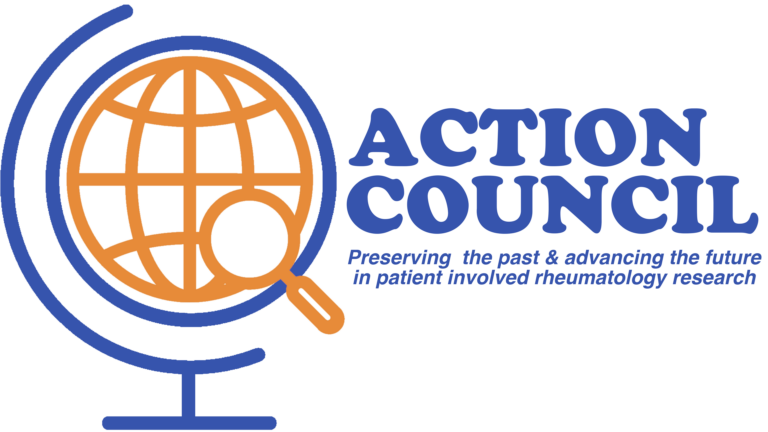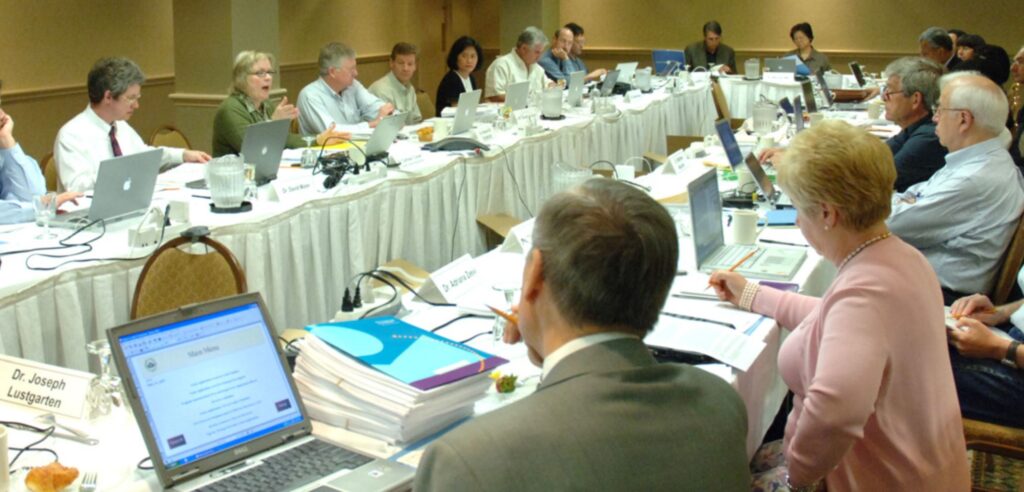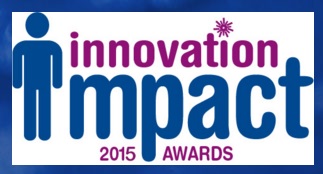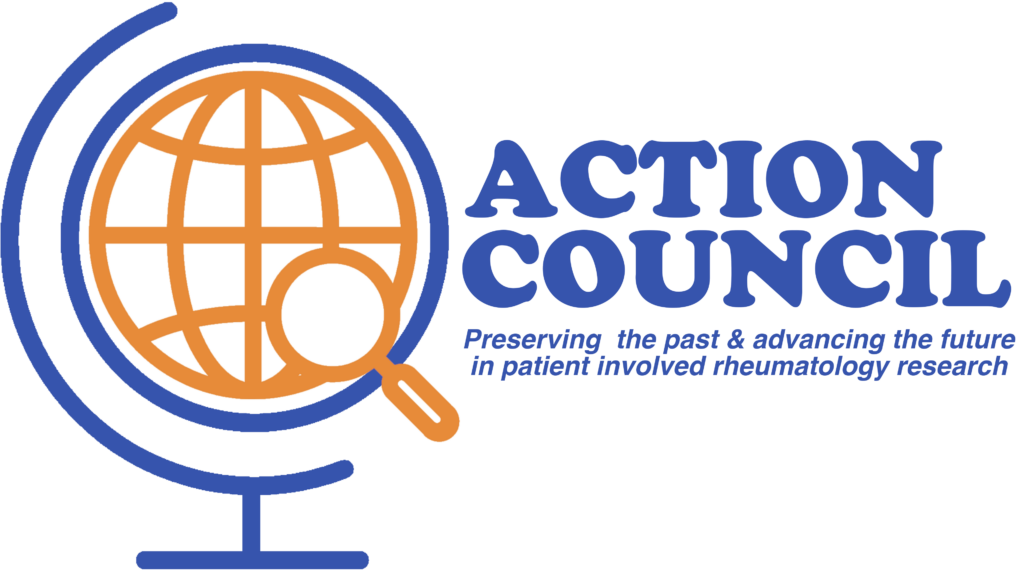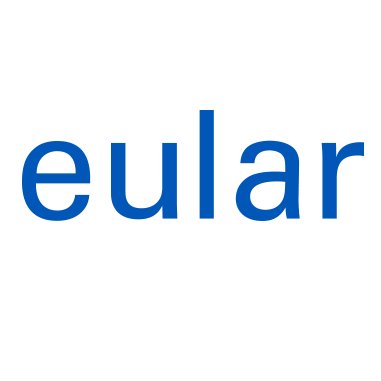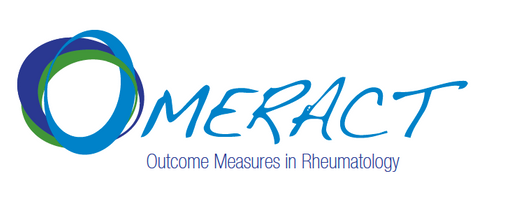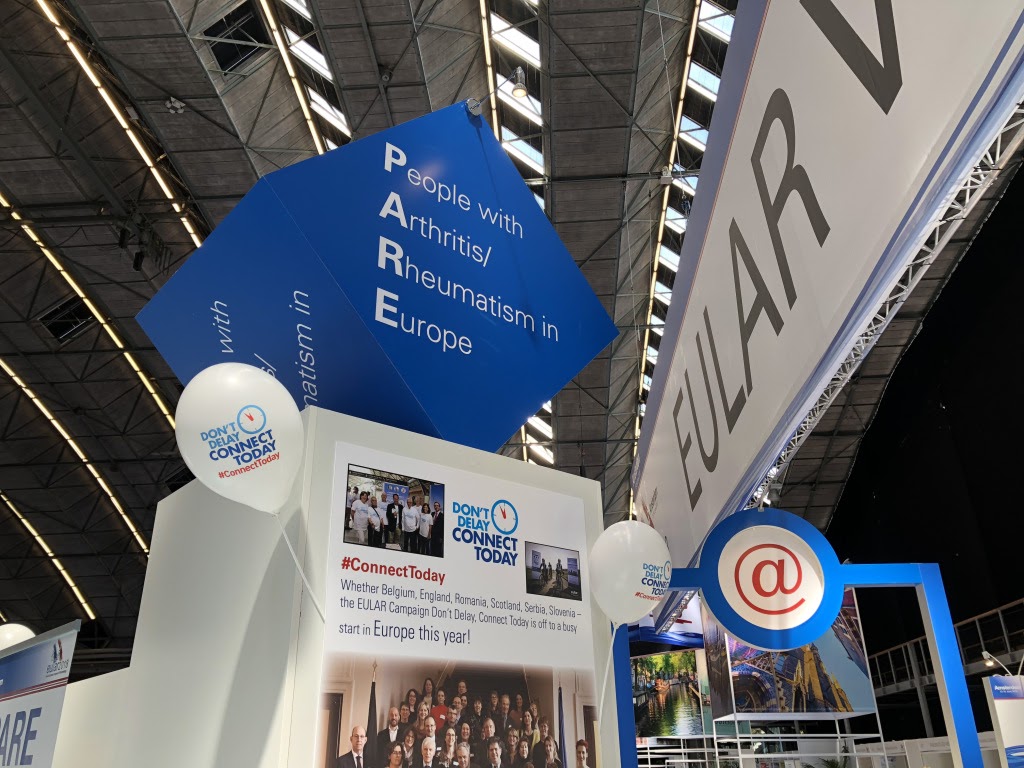Industry Pathway
Industry

Pharmaceutical Companies attempt to engage with rheumatology patients
“Can I have a few moments of your time?”
Around 2009, pharmaceutical companies began realizing the benefits of patient involvement in research, but legal barriers minimized engagement. At this time, pharmaceutical companies did not have official patient-engagement branches, so outreach was often limited to patients they could access online (bloggers, social media influencers).
Since the immunology sectors of pharmaceutical companies had not yet formed patient engagement departments, conversations typically were not structured, casual phone conversations where patient advocates happily shared their opinions for no fee. By 2012, several companies began enlisting patient advocates to participate in advisory panels, in exchange for payment, but developed departments specializing in patient engagement in rheumatology did not become standard practice until a few years later.
CoPI: Advisory panels
Context: Research & Development
Opportunities for patient involvement in advisory panels expands
- 2011: PCOR – Patient-Centered Research Outcomes (PCOR)Established by PCORI, this research approach is a new form of comparative effectiveness research (CER) that considers the needs and perspectives of patients and stakeholders by engaging them throughout the entire research process. www.pcori.org is established by the Patient-Centered Outcomes Research Institute (PCORI)The Patient-Centered Outcomes Research Institute (PCORI) is an independent nonprofit, nongovernmental organization and was authorized by Congress in 2010. PCORI is the largest funder of comparative effectiveness research (CER) in the United States with the mandate to improve the quality and relevance of evidence available to help patients, caregivers, clinicians, employers, insurers, and policymakers make better-informed health decisions.
www.pcori.org and enlists patients to participate in clinical research grant evaluationsPCORI also engage the public through its own institutional activities, such as Merit Review, which includes patients and stakeholders as reviewers of research applications, ensuring dollars spent are aligned with research outcomes that are meaningful to the patient population. United States View other PCORI projects that included rheumatology patients in research.
- 2012: National Institute for Arthritis and Musculoskeletal and Skin diseases (NIAMS)The mission of the National Institute of Arthritis and Musculoskeletal and Skin Diseases is to support research into the causes, treatment, and prevention of arthritis and musculoskeletal and skin diseases; the training of basic and clinical scientists to carry out this research; and the dissemination of information on research progress in these diseases.
www.niams.nih.gov adds one patient to the grant application review team. - 2012: The US Department of Defense (DoD) The Department of Defense is America’s largest government agency. With our military tracing its roots back to pre-Revolutionary times, the department has grown and evolved with our nation. Our mission is to provide the military forces needed to deter war and ensure our nation’s security. www.defense.gov created the Peer Reviewed Medical Research Program (PRMRP)PRMRP is one of 35 research programs managed by the Congressionally Directed Medical Research Programs (CDMRP). Patients/survivors/individuals living with the diseases and conditions with research programs managed by the CDMRP were incorporated into all aspects of the program cycle with equal voice to include research focus, investment strategy, and programmatic review in 1993, and into peer review in 1995.
cdmrp.army.mil adds patients/individuals living with rheumatoid arthritis and osteoarthritis as peer reviewers starting in 2012 and lupus was added in 2015. In 2017, lupus became its own research program within the Congressionally Directed Medical Research Programs (CDMRP). The CDMRP is a Department of Defense (DOD) program. that receives congressional appropriations explicitly for. biomedical research in specific, congressionally identified. health matters. cdmrp.army.mil However, patients/individuals living with lupus originally participated in peer review starting in 2005 and continue doing so in the Lupus Research Program. - 2013: Establishment of Foundation for Research in Rheumatology (FOREUM)FOREUM Foundation for Research in Rheumatology is devoted to promote research in rheumatic and musculoskeletal diseases (RMDs) as an independent research funding body in rheumatology research. Basic and applied research of highest quality is supported to reduce the burden of disease for people with RMDs.
www.foreum.org, supported by the European League Against Rheumatism (EULAR)EULAR is the organization that represents people with arthritis/rheumatism, health professionals (HPR), and scientific societies of rheumatology of all the European nations. The aims of EULAR are to reduce the burden of rheumatic diseases on the individual and society and to improve the treatment, prevention, and rehabilitation of musculoskeletal diseases. To this end, EULAR fosters excellence in education and research in the field of rheumatology. It promotes the translation of research advances into daily care and fights for the recognition of the needs of people with musculoskeletal diseases by the governing bodies in Europe. As such, they have always had their own educational program at the annual EULAR Congress meeting, but in the earlier years, the symposia they organized was mostly independent of the other congress sessions. eular.org, involves patients in the government of the foundation as well as in the review of research grant applications. - 2013: The Patient-Centered Outcomes Research Institute (PCORI)The Patient-Centered Outcomes Research Institute (PCORI) is an independent nonprofit, nongovernmental organization and was authorized by Congress in 2010. PCORI is the largest funder of comparative effectiveness research (CER) in the United States with the mandate to improve the quality and relevance of evidence available to help patients, caregivers, clinicians, employers, insurers, and policy makers make better-informed health decisions.
www.pcori.org established the Advisory Panel for Patient EngagementBy inviting the patient and caregiver community to help generate research questions, review research proposals, assist in the conduct of research, help disseminate information and evaluate impact, patient engagement ensures authentic patient-centeredness in the research process. www.pcori.org which is an advisory body that provides input and recommendations to PCORI Board of Governors, Methodology Committee, and staff to help plan, develop, implement, improve, and refine efforts toward meaningful patient-centered research. Panel members assure the highest patient engagement standards and a culture of patient-centeredness in all aspects of its work. - Most pharmaceutical companies realize the need for an internal patient engagement department. The use of Patient Advisors becomes common.
CoPI: Advisory panels , consumer reviewers, Patient-Centered Outcomes Research (PCOR)
Context: Assessing grant applications, Research & Development, Patient-Reported Outcomes (PROs)
Pharmaceutical companies get more involved in patient research collaborations
By 2015, most pharmaceutical companies had formed “patient engagement” departments and regularly enlisted the help of Patient Advocates to serve on Advisory Panels, summarizing the patient experience on behalf of the entire population. In addition to recognizing a need to include a more realistic patient sample, efforts to include patient collaboration in early drug development were also underway.
- 2015: The International Foundation for Autoimmune & Autoinflammatory Arthritis (AiArthritis)AiArthritis helps others, like us, living with autoimmune or autoinflammatory diseases that include inflammatory arthritis as a major clinical component, have a voice – alongside other stakeholders as equals – so, together, we can solve problems that impact education, advocacy, and research. www.aiarthritis.org wins an Innovation Impact award winner for their A Community Team (ACT) project
 .
.
- Addressed regulatory barriers between patients and industry
- Tested a new Concept of Patient Involvement (CoPI) where patients lead qualitative research with professionals as their advisors (Mentor Assisted ResearchMentor Assisted Research is a CoPI where patients lead various phases of research with professionals assisting as advisors.) FORWARD National Databank for Rheumatic Diseases served as a research consultant.
- Improved sample accuracy by enabling all patients to be included, regardless of prior advocacy experience, geography, or disease limitations.
- 2015: Pharmaceutical companies sit “at the table”, along with patient groups and other stakeholders, to help the Clinical Trials Transformative Initiative (CTTI)This group was organized to develop and drive adoption of practices that will increase the quality and efficiency of clinical trials.
www.ctti-clinicaltrials.org develop recommendations regarding ways patients groups (i.e., patient and disease advocacy organizations, voluntary health organizations, nonprofit research foundations, public health organizations) could be engaged in the therapy development process, particularly around clinical trials. AiArthritis referenced these recommendations, and associated CTTI tool
regarding ways patients groups (i.e., patient and disease advocacy organizations, voluntary health organizations, nonprofit research foundations, public health organizations) could be engaged in the therapy development process, particularly around clinical trials. AiArthritis referenced these recommendations, and associated CTTI tool  , as a starting point to build on additional ways to increase engagement.
, as a starting point to build on additional ways to increase engagement.
Clinical Trials: For the first time in the mid 2010’s, industry begins enlisting the help of patients, via Advisory Panels, to help develop new strategies for all phases of the Research & Development continuum, with a focus on clinical trials.
CoPI: Mentor Assisted Research (MAR), co-production of stakeholder groups, advisory panel
Tools: Reports – patient engagement
Context: Qualitative research, Research & Development, clinical trials
the ACTion Council is established
Led by patients who have helped shaped patient engagement in this space, the ACTion CouncilLearn more about the ACTion Council at www.rheumactioncouncil.org unites a global representation of key stakeholders in the rheumatology research community to record the history of patient engagement and track its continued expansion so efforts are not duplicated, value measurements can be improved, and new initiatives can evolve from existing successes.
Pharmaceutical Companies Expand the Role of the Patient Advisory Panel
- 2020: Bristol-Myers Squibb (BMS)We are a global biopharmaceutical company whose mission is to discover, develop and deliver innovative medicines that help patients prevail over serious diseases. www.bms.com initiates PEER (Patient Expert Engagement Resource) PEER ensures that the patient perspective is heard and considered at every step of the drug discovery and development process www.bms.com/life-and-science , an enterprise-wide approach that enlists the help of “expert” patient advocates to provide insights on drug development, clinical trials, lay summaries, regulatory, access/reimbursement, and policy discussions to accelerate and improve the delivery of therapies to patients.
CoPI: Advisory panels
Context: Lay summaries, regulatory process, clinical trials, Research & Development
Cool Timeline

EULAR Congress Inclusion of Patients
1973: In 1973, "Social Leagues" - which were the patient organizations - officially joined the European Alliance of Associations for Rheumatology (EULAR)EULAR is the organization that represents people with arthritis/rheumatism, health professionals (HPR), and scientific societies of rheumatology of all the European nations. The aims of EULAR are to reduce..Read More
Patient Engagement – And We’re Off!
While patient engagement in other disease groups started a decade prior, patient involvement in rheumatology research started in the late 1990’s in Canada and around 2000 in Europe. Partly due to regulatory barriers between patients and pharmaceutical companies at that time, early patient involvement focused strongly on non-pharmacologic research (government,..Read More
INVOLVE is established to support public involvement in research
1996: INVOLVEINVOLVE was established 1996 and is funded by the National Institute for Health Research (NIHR) to support active public involvement in National Health Services (NHS) public health and social care research. As a national advisory group the role of INVOLVE is to bring together expertise, insight, and experience in..Read More
Patient research collaboration in rheumatology begins in Canada
1998: First self-governed Consumer Advisory Council (CAC)The mission of the Consumer Advisory Council (CAC) is to advocate for consumers and provide for strong public and consumer input in healthcare reform policies in Connecticut. The purpose of the Consumer Advisory Council is to ensure significant consumer participation in the planning and implementation..Read More
Patients included in the regulatory process
While not specific to rheumatology, including patients in the regulatory process paves the way for advances in therapeutic outcomes. 2000: The European Medicines Agency (EMA) EMA is a decentralized agency of the European Union (EU) responsible for the scientific evaluation, supervision, and safety monitoring of medicines in the EU www.ema.europa.eu invites..Read More
Patients are invited to join the rheumatology research team
2002: Outcome Measures in Rheumatology (OMERACT) OMERACT is a global community for the development of Core Outcome Sets in the field of rheumatology. Patients participate as research partners in all phases of the research and are equal members in any OMERACT working group. www.omeract.org invites patients to participate for the..Read More
Databanks and Registries
Databanks and registries in the rheumatology community began actively collecting relevant data from patients that can be used in both non-pharmaceutical and drug development research efforts. However, most registries - while rheumatology in nature - typically only include patients as respondents. However, groups such as FORWARD, The National Databank for..Read More
Young people and families are included in research
2002: The Childhood Arthritis and Rheumatology Research Alliance (CARRA) Founded by a small group of pediatric rheumatologists who aimed to create an investigator-led collaborative research network by establishing a registry. The information is provided by the medical team and by patients and their families. The registry was created to..Read More
Rheumatology guidance begins
2005: Cochrane Musculoskeletal (CM)Cochrane Musculoskeletal (CM) is made up of health care professionals, researchers and consumer representatives that belong to Cochrane, an international, non-profit organization that aims to help people make well-informed decisions about health care by preparing, maintaining and promoting reviews on the effects of health care treatments. They..Read More
EULAR PARE Established
In 2007, the patient initiative of 'PARE manifesto' (which started in 1989) and the European League Against Rheumatism (EULAR)EULAR is the organization that represents people with arthritis/rheumatism, health professionals (HPR), and scientific societies of rheumatology of all the European nations. The aims of EULAR are to reduce the burden of..Read More
